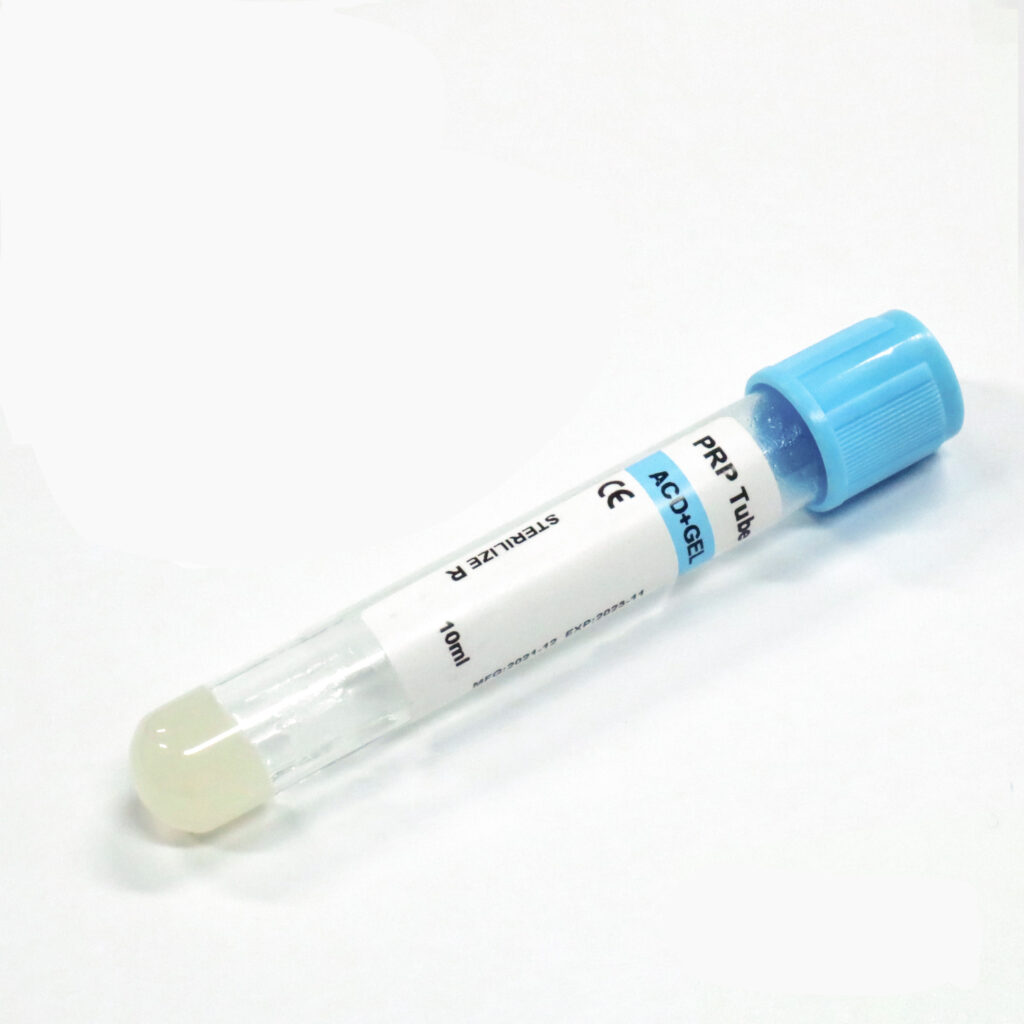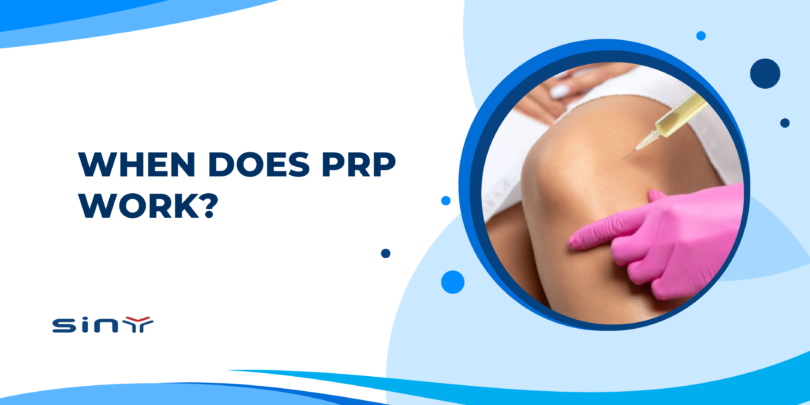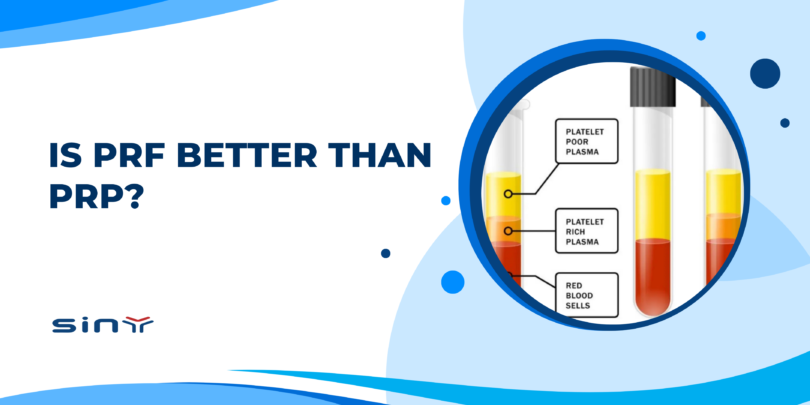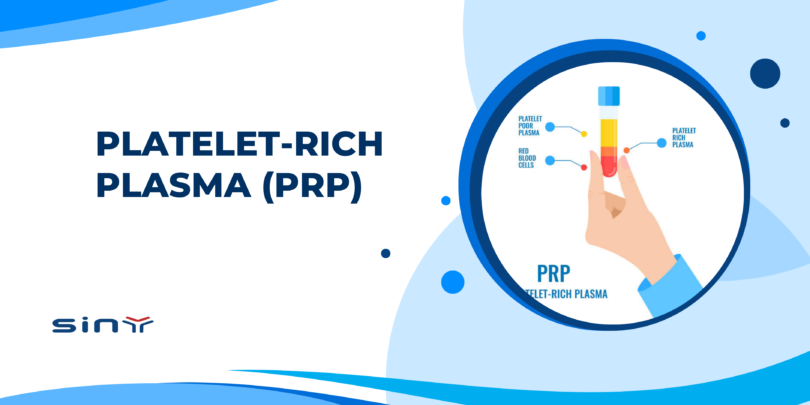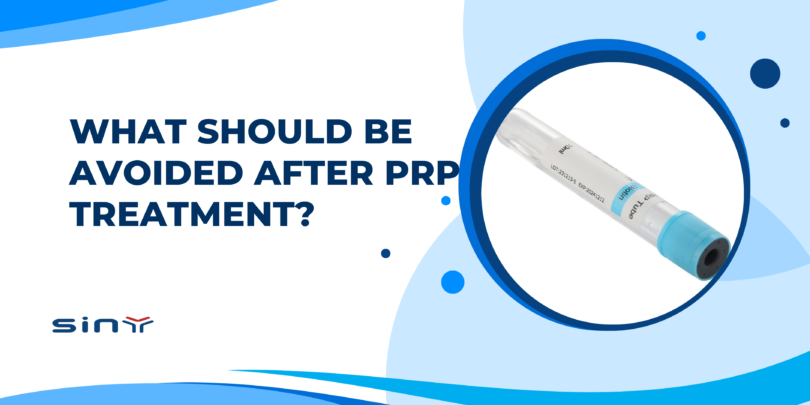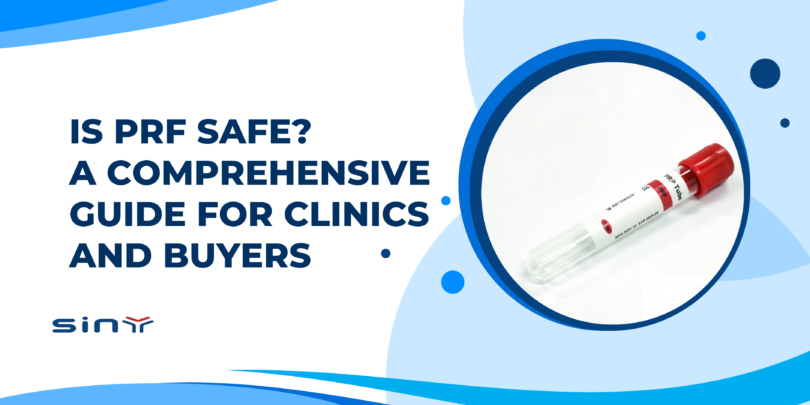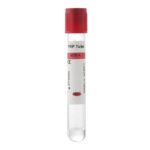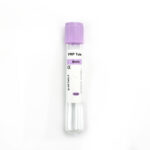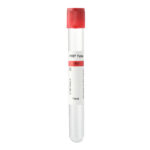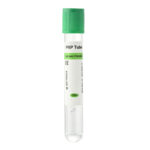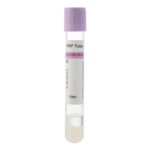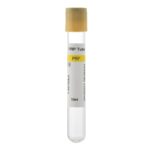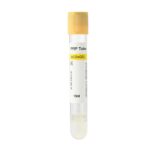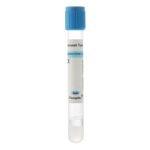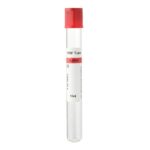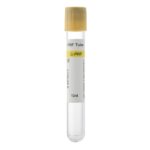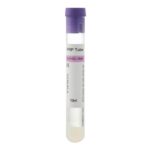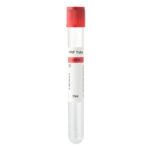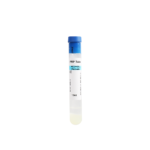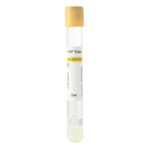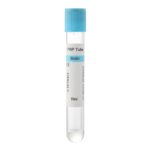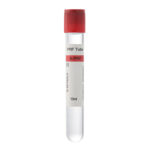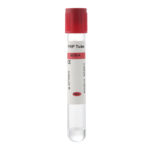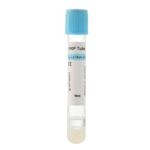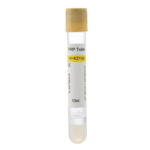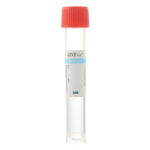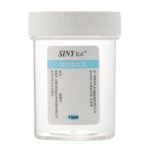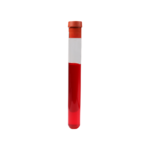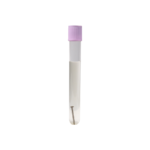PRP (Platelet-Rich Plasma) therapy has become increasingly popular in the medical field for its effectiveness in treating skin regeneration, and joint issues and promoting healing in sports injuries. By extracting a patient’s blood platelets and separating them into a concentrated plasma rich in growth factors, PRP helps accelerate tissue repair and regeneration. While PRP therapy is known for its beneficial effects, proper nutrition plays a crucial role in recovery. Multivitamin supplementation, in particular, can help optimize the healing process.
The Role of PRP Therapy and Recovery Needs
PRP therapy works by using the growth factors in platelets to stimulate the healing process at the treatment site. It helps enhance cell proliferation, promote blood vessel formation, and repair tissues. Although PRP therapy is highly effective in stimulating repair, the body still requires adequate nutrition during the recovery phase to support tissue regeneration and minimize inflammation. Nutrients like vitamins and minerals play an essential role in cell repair, immune support, and overall healing. This is why supplementing with multivitamins can be beneficial for improving recovery time and enhancing the results of PRP therapy.
Key Functions of Multivitamins and Their Effects on Recovery
Multivitamins typically include a variety of vitamins and minerals such as Vitamin A, Vitamin C, Vitamin D, Vitamin E, and B vitamins. These nutrients serve important bodily functions, ranging from immune support and cell repair to antioxidant protection and skin health. Below are some of the key vitamins that play a significant role in recovery after PRP therapy:
- Vitamin C: Promotes Collagen Synthesis
Vitamin C is a powerful antioxidant and plays a critical role in collagen production. Collagen is the main structural protein in skin and connective tissues, and it is essential for wound healing. By supporting collagen synthesis, vitamin C can accelerate skin repair and tissue regeneration after PRP therapy. - Vitamin E: Antioxidant and Anti-Inflammatory Effects
Vitamin E is well-known for its antioxidant properties, which help protect cells from damage caused by free radicals. It also reduces inflammation, which is especially helpful in minimizing swelling and redness after PRP treatment. Vitamin E supports improved blood circulation to the treated areas, speeding up the healing process. - Vitamin A: Supports Cell Regeneration and Repair
Vitamin A plays a vital role in cell division and skin health. It helps promote skin cell turnover, which is crucial for the recovery process. In the post-PRP phase, vitamin A supports the regeneration of damaged tissue and accelerates wound healing. - B Vitamins: Support Energy Metabolism and Cell Repair
B vitamins, particularly B12, and folate, are essential for cellular regeneration and immune function. After PRP therapy, B vitamins help accelerate tissue repair by supporting the production of new cells and maintaining overall metabolic health. - Vitamin D: Boosts Immune Function
Vitamin D is important not only for bone health but also for immune system function. During the recovery phase after PRP therapy, vitamin D supplementation can help support a healthy immune system, reduce the risk of infection, and promote faster tissue healing.
How Multivitamin Supplements Affect PRP Therapy and Key Considerations
While multivitamins can provide many benefits in supporting recovery, excessive intake may negatively impact the results of PRP treatment. Here are some considerations to keep in mind:
- Avoid Over-Supplementation
Over-consuming certain vitamins, such as Vitamin A or Vitamin E, can interfere with platelet function, which may, in turn, impact the effectiveness of PRP therapy. For instance, excessive vitamin E could inhibit platelet aggregation, potentially diminishing the healing benefits of the treatment. It is crucial to follow the recommended daily intake of vitamins and avoid taking high-dose supplements without medical advice. - Balance Vitamin C and E Intake
Vitamin C is essential for collagen formation and tissue regeneration, but excessive amounts can cause gastrointestinal issues or interact with certain medications. Vitamin E should be taken with caution, as too much may hinder platelet function, especially in the initial recovery stages after PRP. - Supplement Vitamin D and Calcium if Necessary
If a patient is deficient in Vitamin D or calcium, supplementation may be necessary, particularly in the recovery phase. These nutrients support immune function and overall bone health, which are essential for healing and tissue regeneration after PRP therapy. - A Balanced Diet is Key
While multivitamin supplements can aid recovery, obtaining vitamins and minerals through a balanced diet is crucial. Consuming foods rich in Vitamin C (like citrus fruits, strawberries, and kiwis), Vitamin E (like nuts, seeds, and vegetable oils), and B vitamins (like whole grains, legumes, and leafy greens) provides natural sources of these nutrients and promotes overall health.
Strategies for Proper Multivitamin Supplementation
- Adjust Supplement Dosage According to Individual Needs
Since each patient’s health condition is unique, the multivitamins needed will vary. Patients should consider their diet, lifestyle, and health status when determining their vitamin intake. Regular health check-ups and blood tests can help assess any nutritional deficiencies, allowing for targeted supplementation. - Consult with Healthcare Providers
It’s important to consult with a doctor before taking multivitamins after PRP therapy. Healthcare providers can guide patients on the appropriate dosage and any potential interactions with other treatments or medications. This ensures that vitamin supplementation is both safe and effective during the recovery phase.
Conclusion
PRP therapy is an effective treatment for stimulating tissue repair and regeneration. While the therapy itself promotes healing through the growth factors in platelets, proper nutritional support is vital for optimal recovery. Multivitamins, especially those containing Vitamin C, E, and B vitamins, can help accelerate tissue regeneration, enhance skin repair, and reduce inflammation. However, it is essential to avoid excessive supplementation and follow the recommended doses to prevent interference with PRP’s effectiveness. A balanced diet, along with appropriate supplementation, will provide the body with the nutrients needed to support recovery and achieve the best possible results from PRP therapy.

